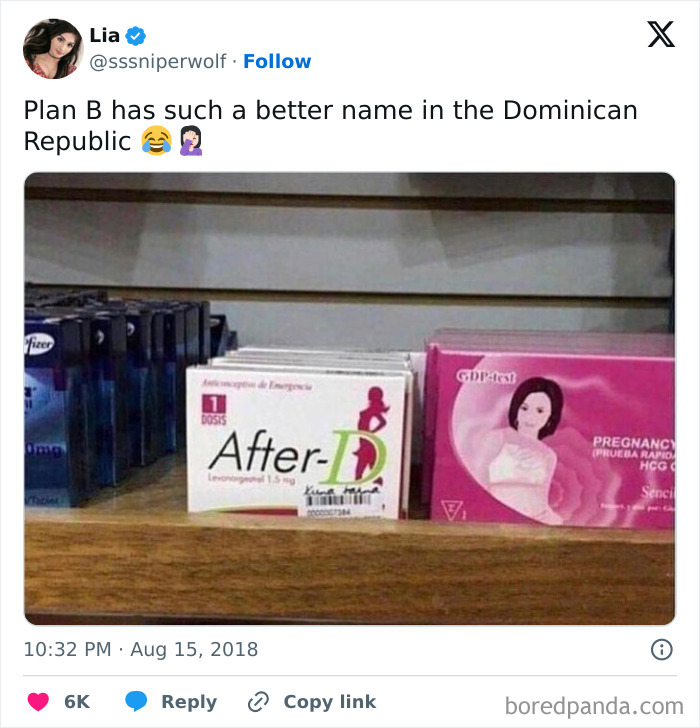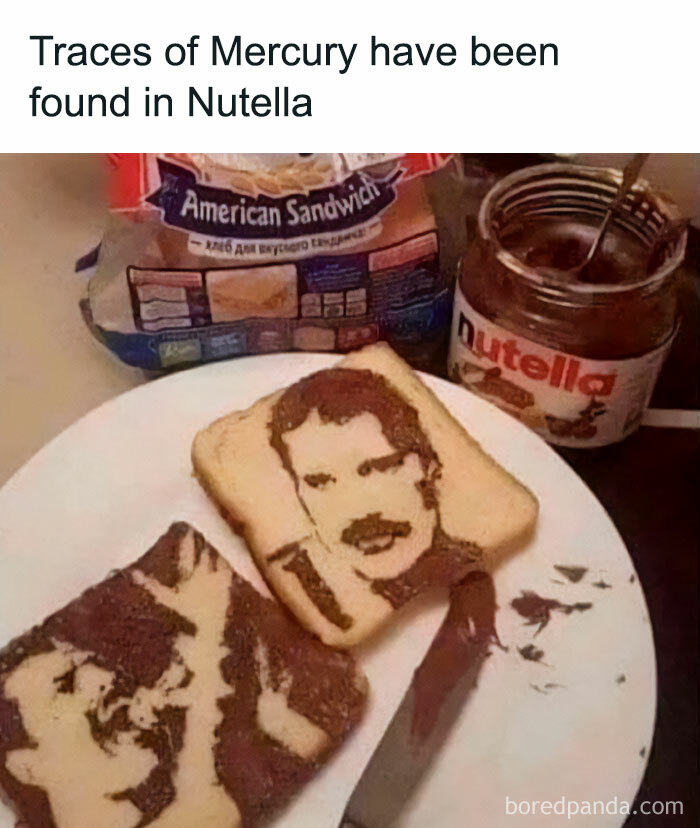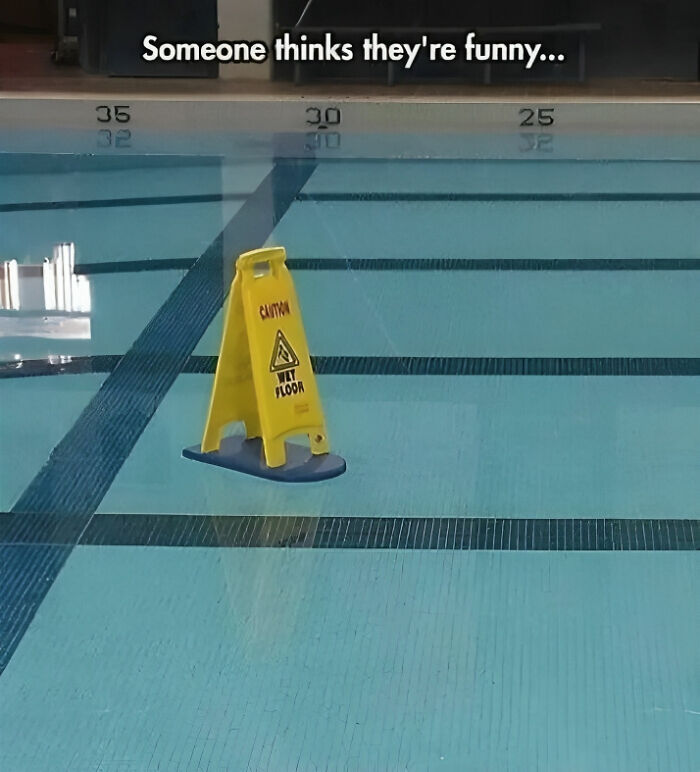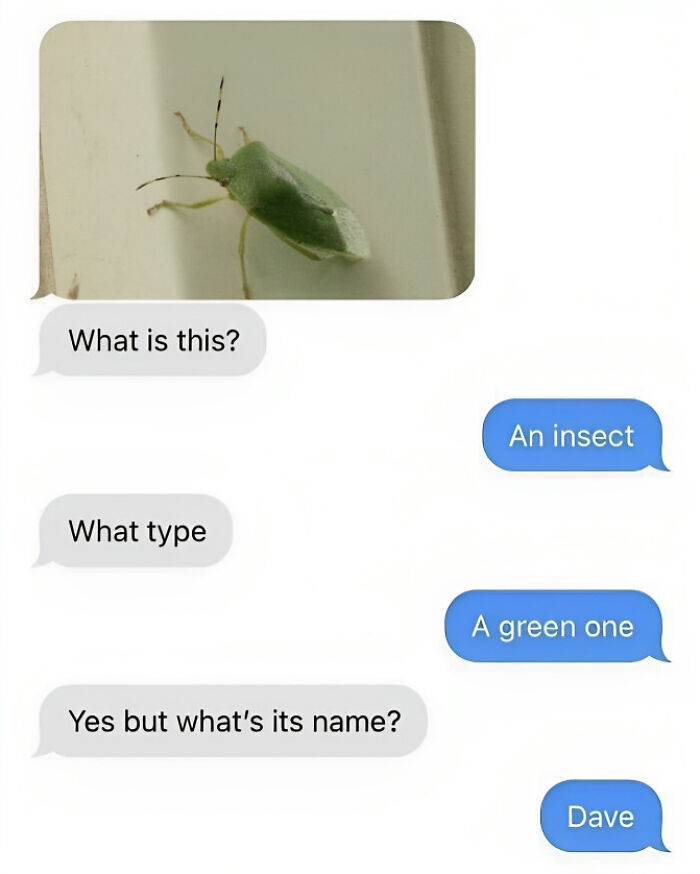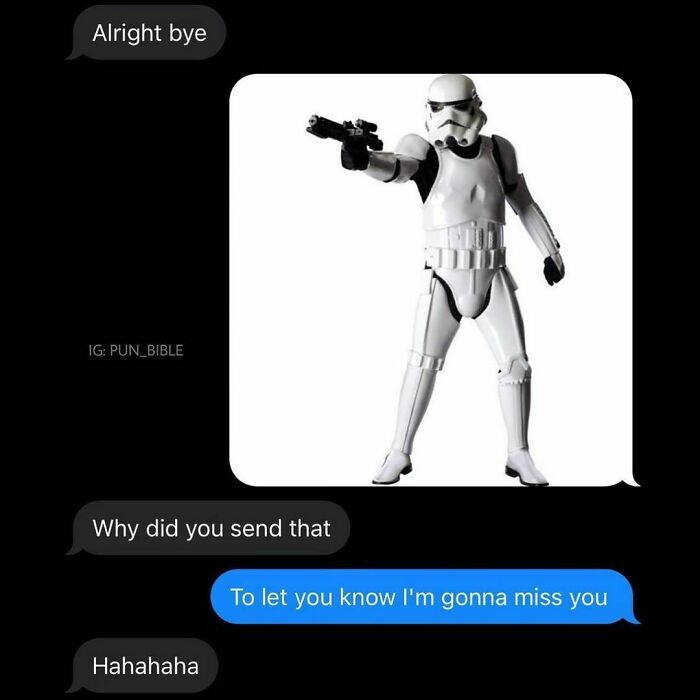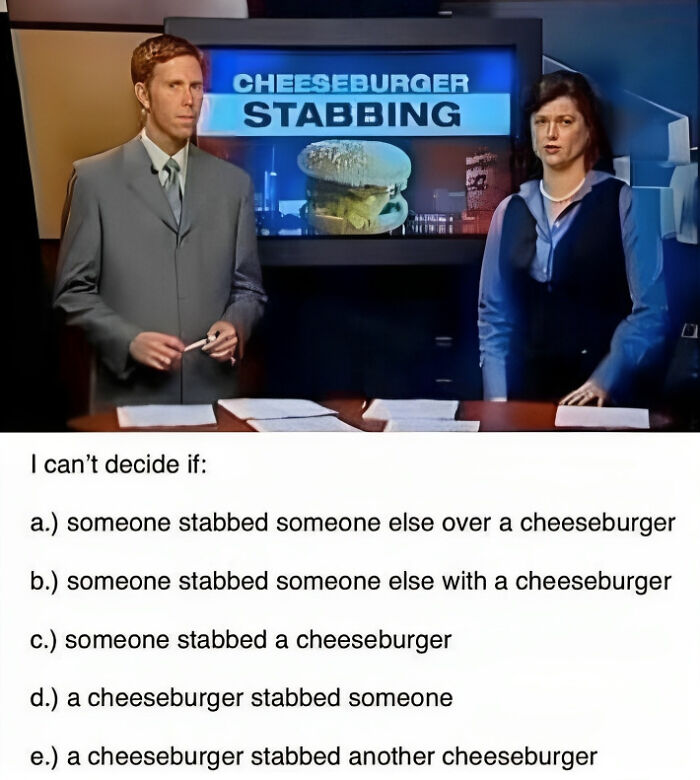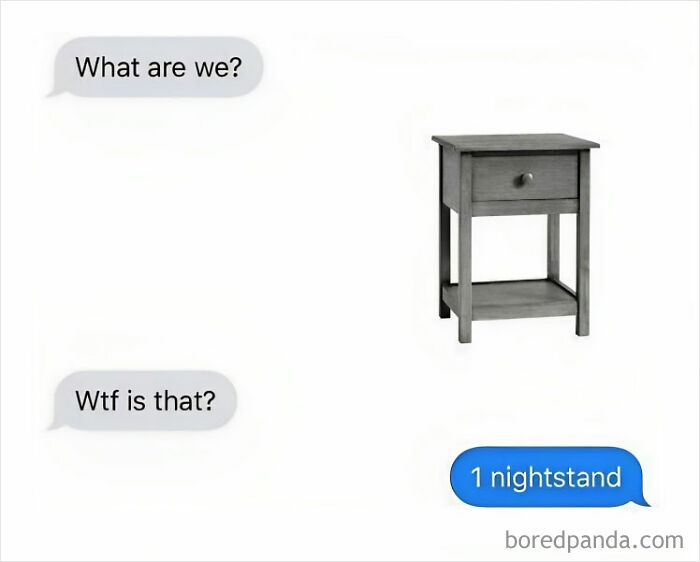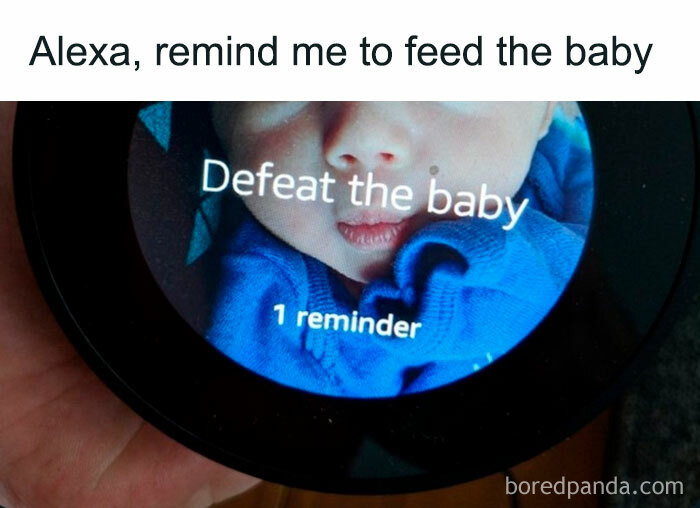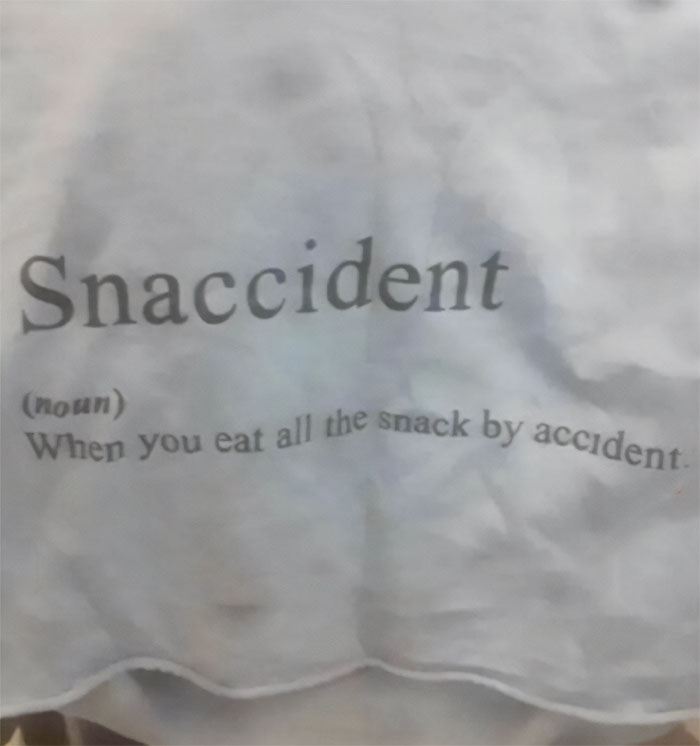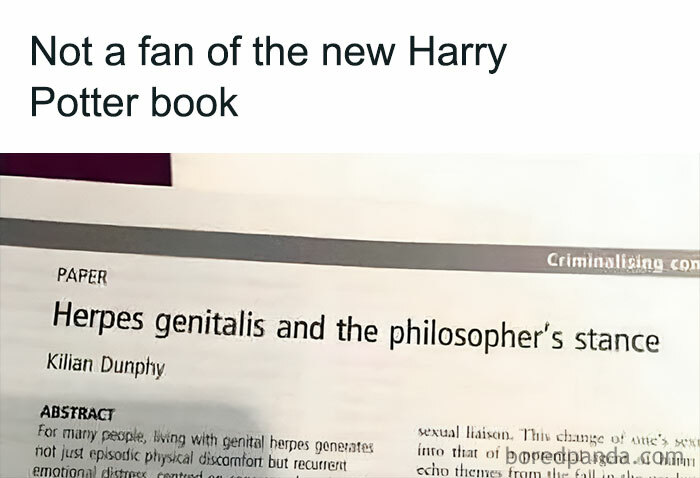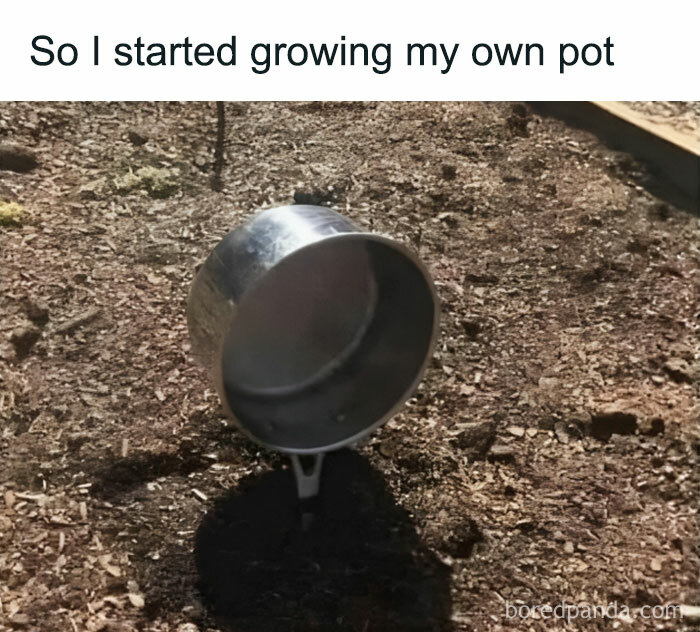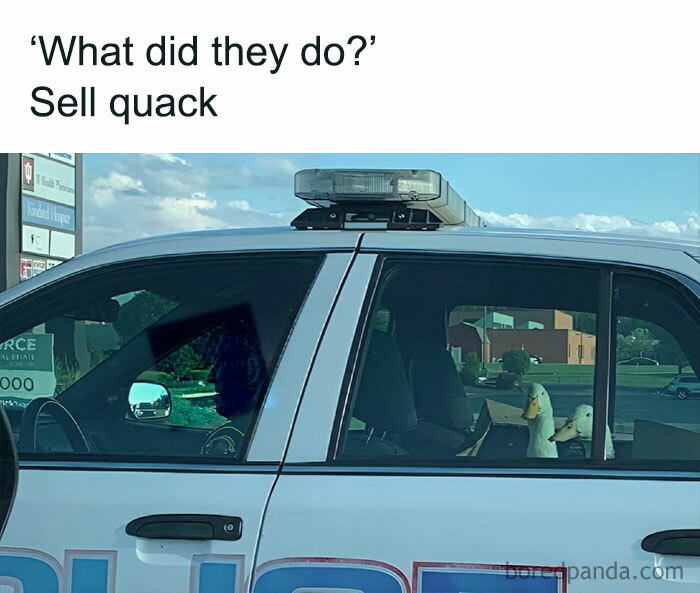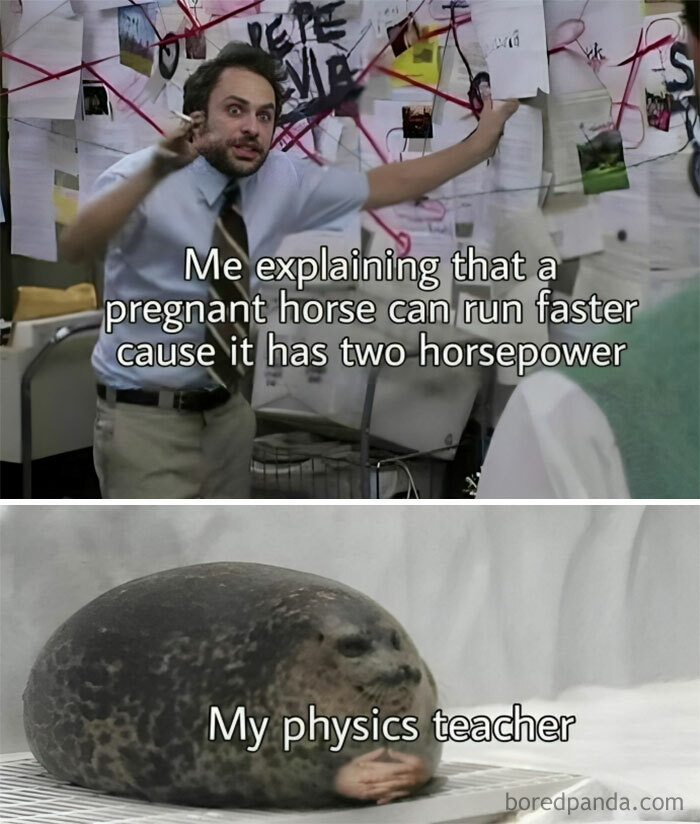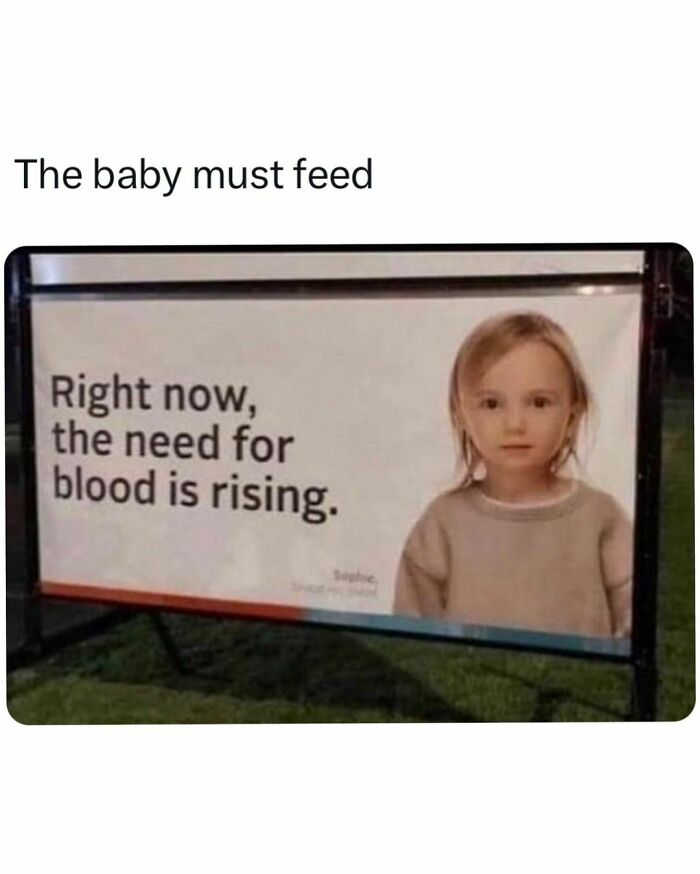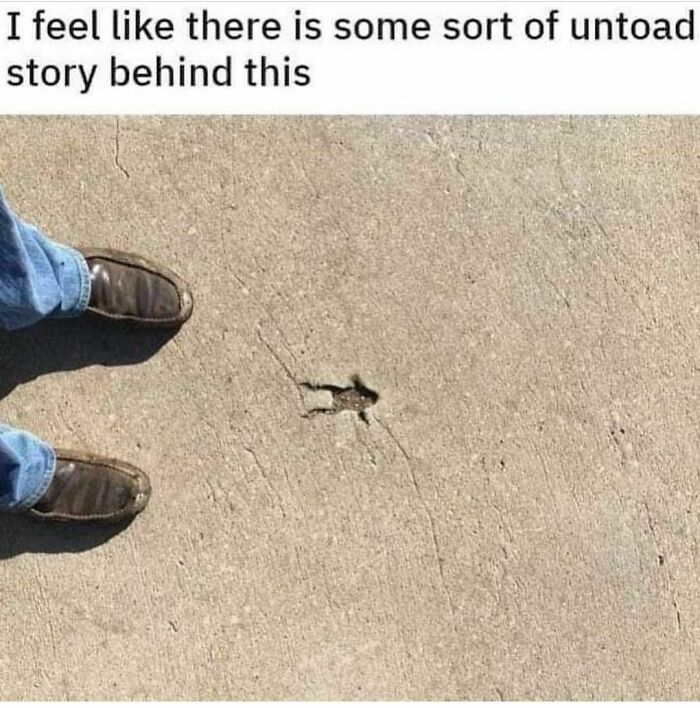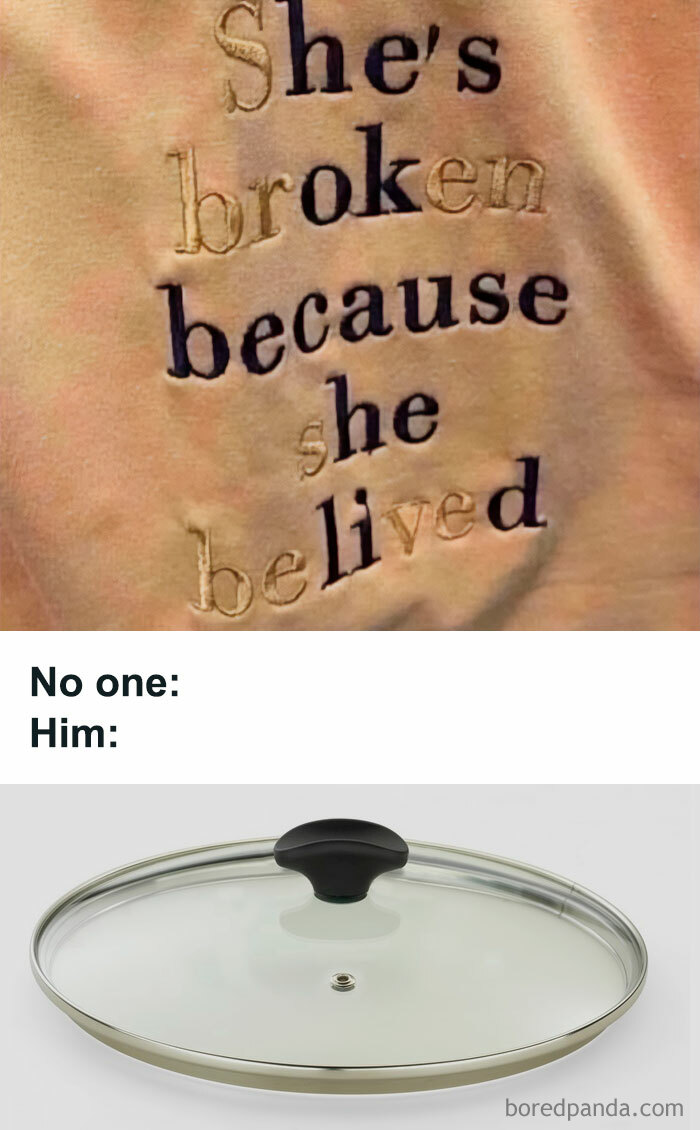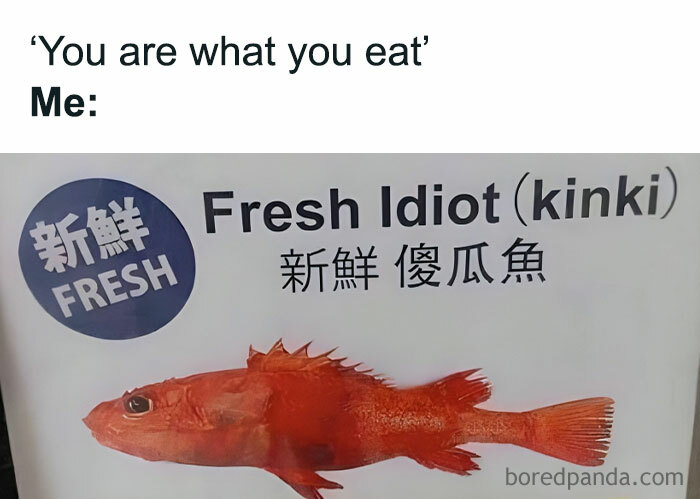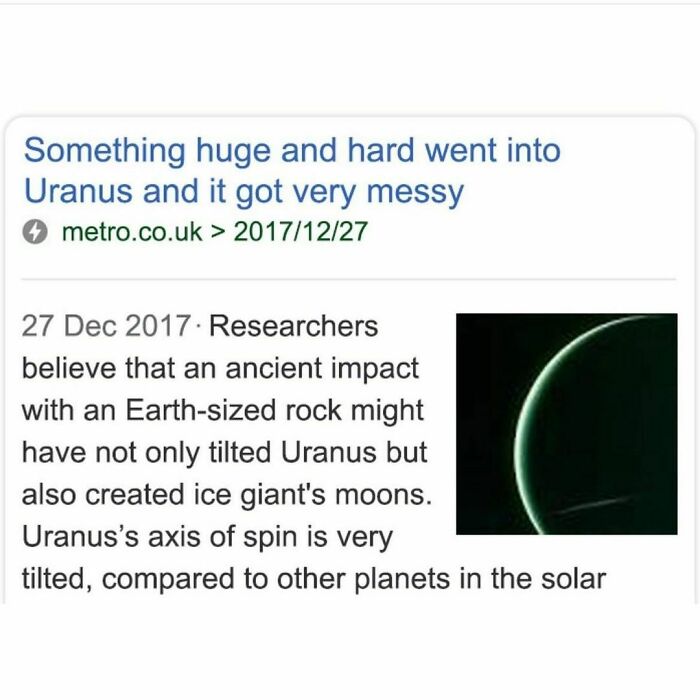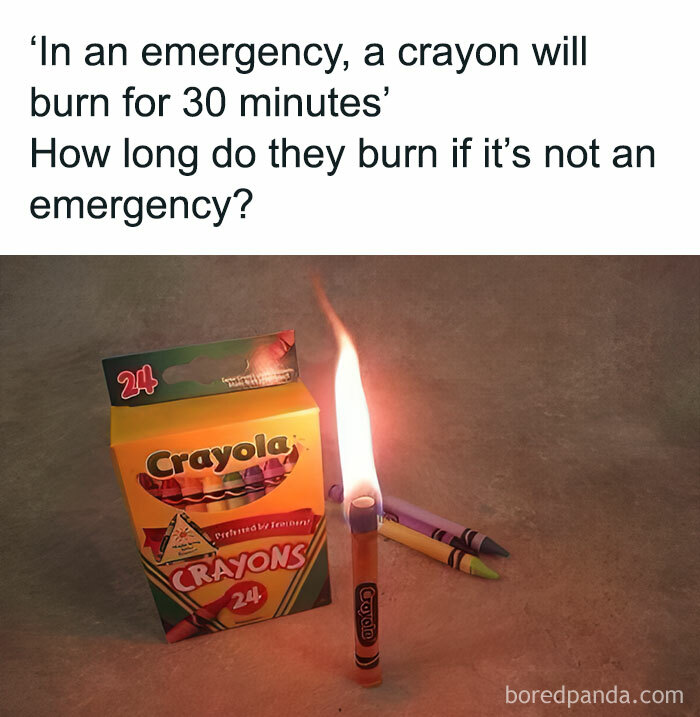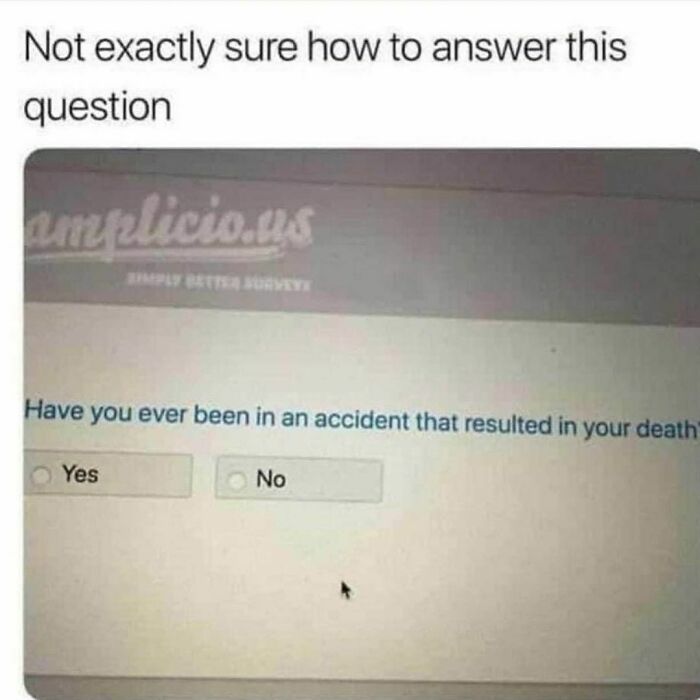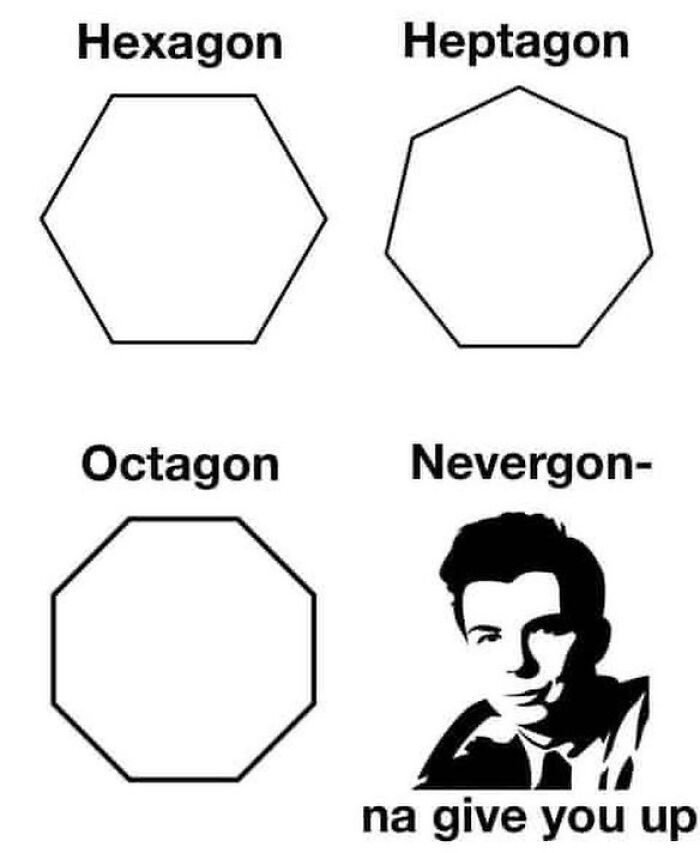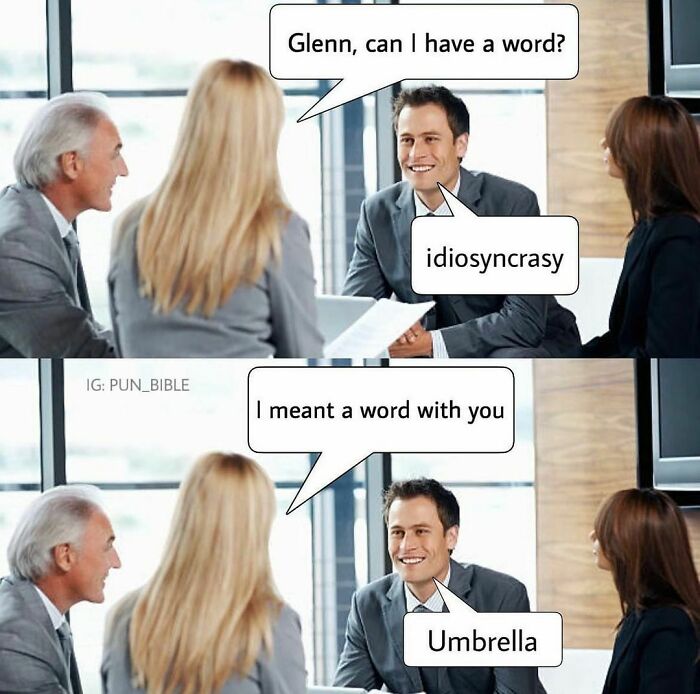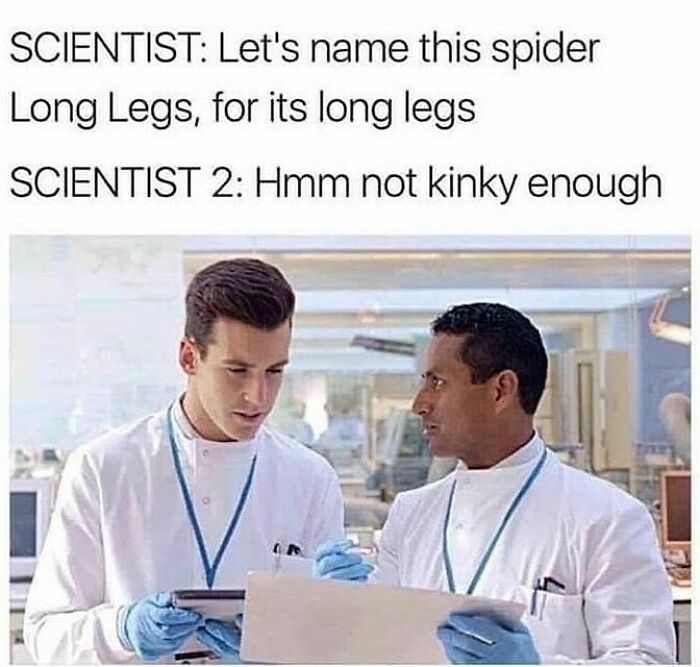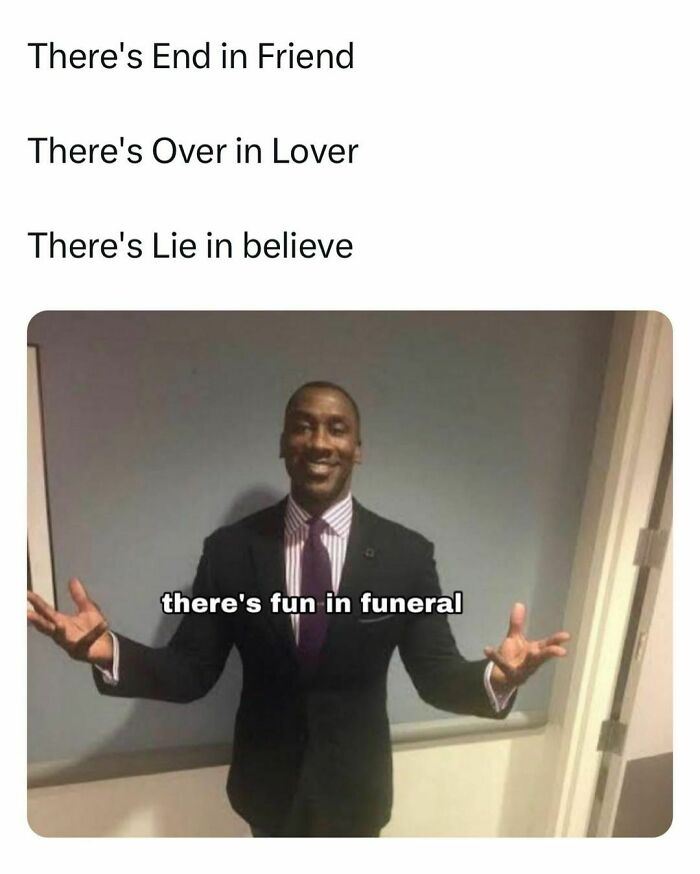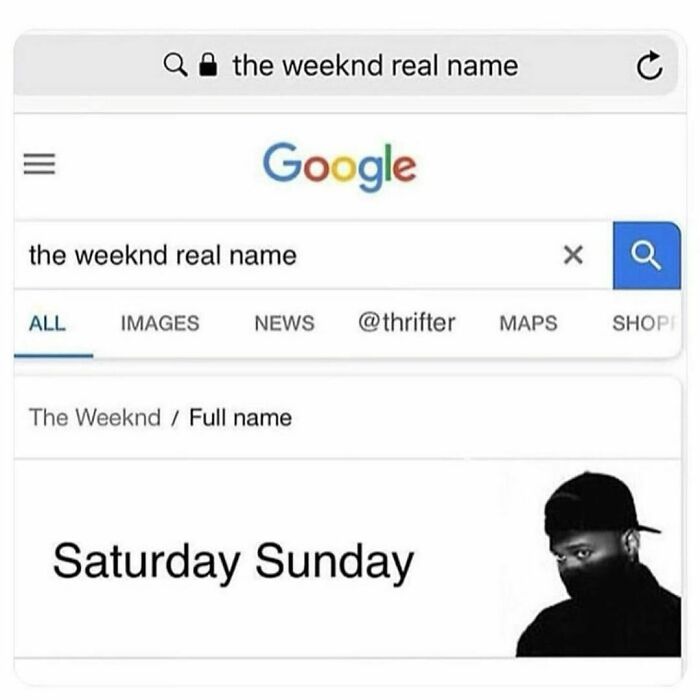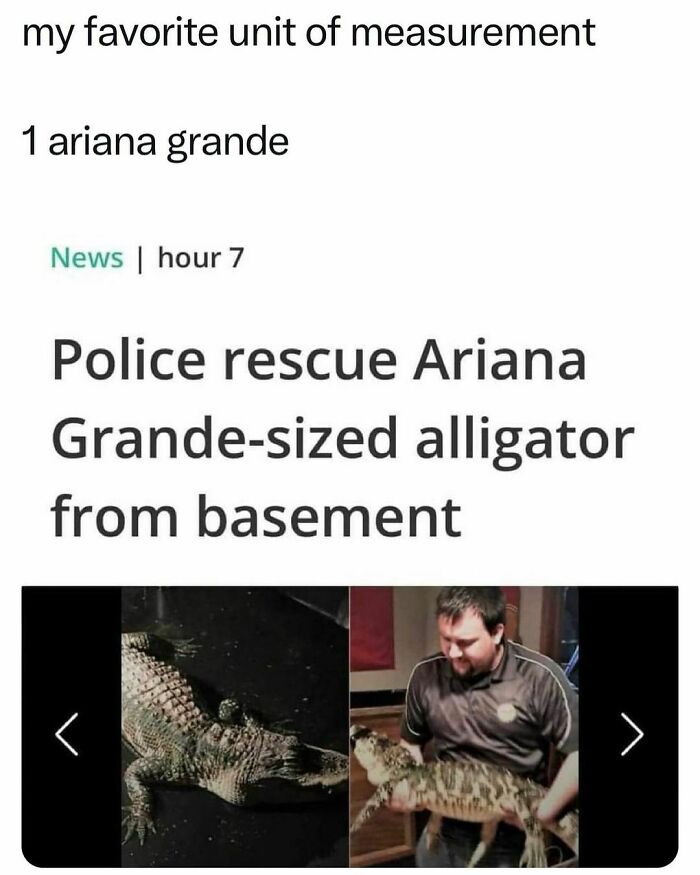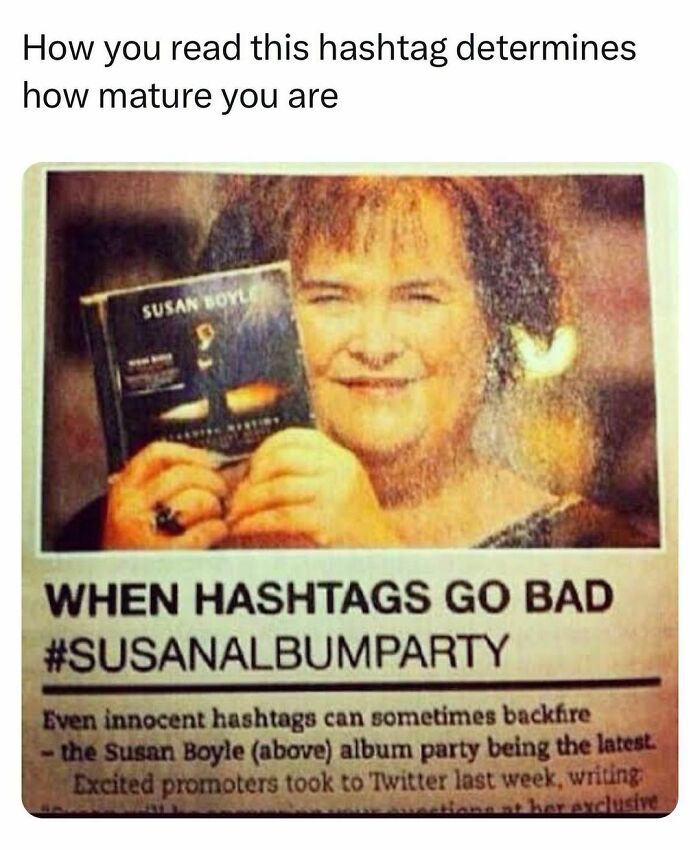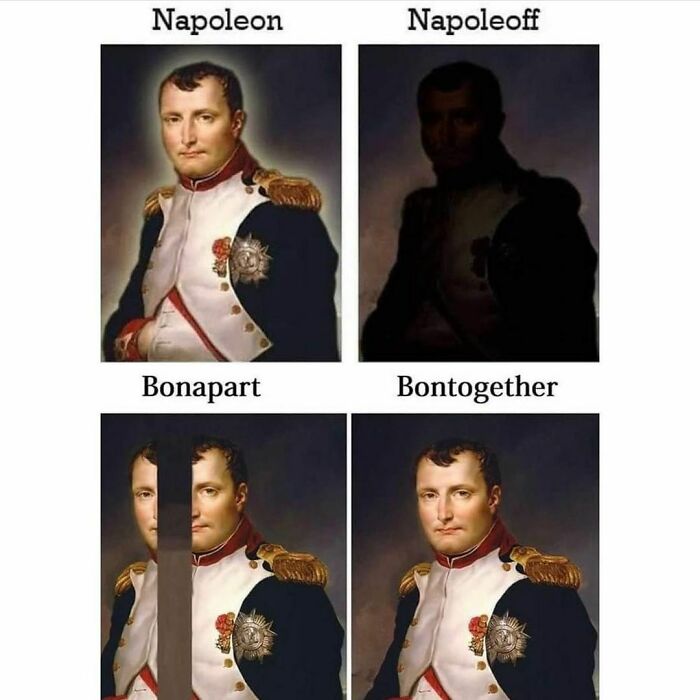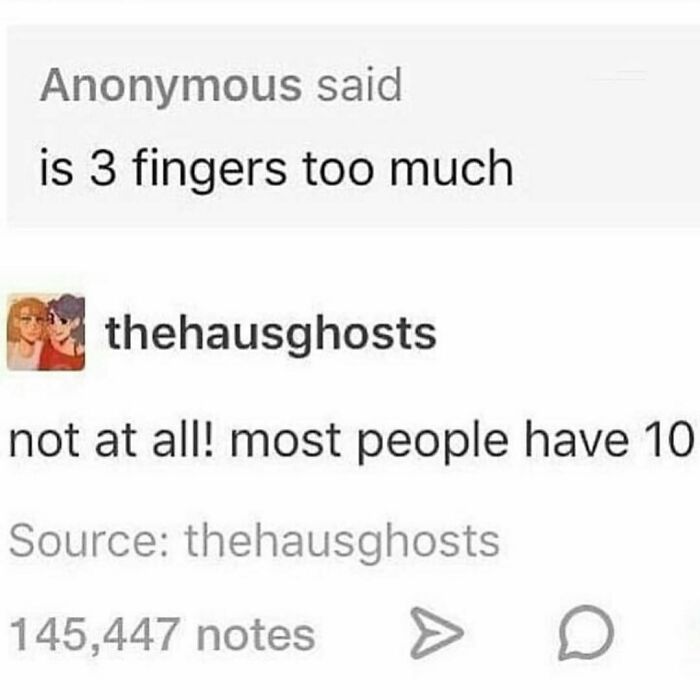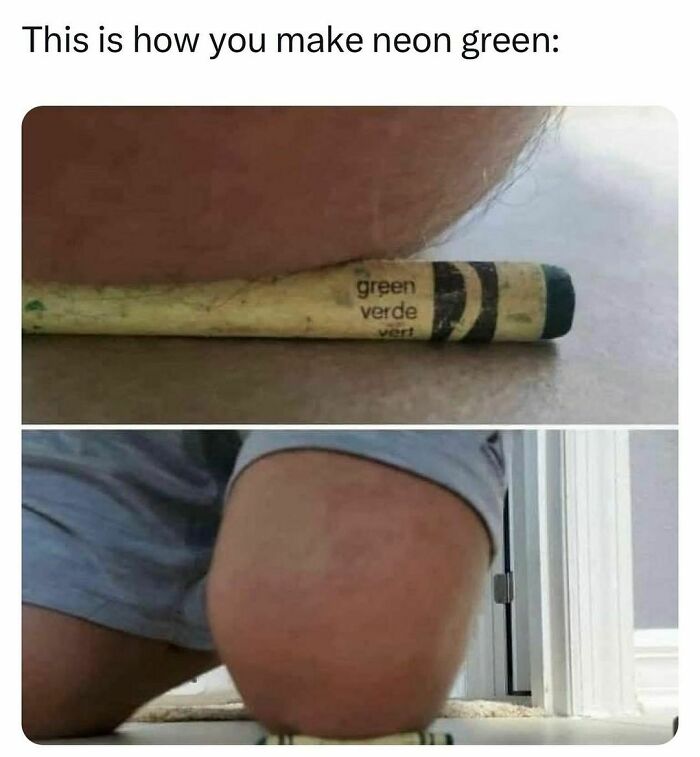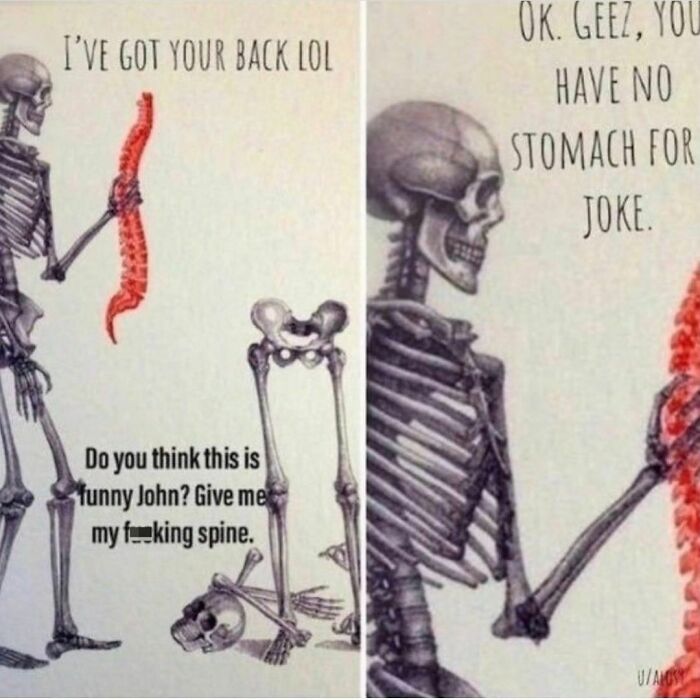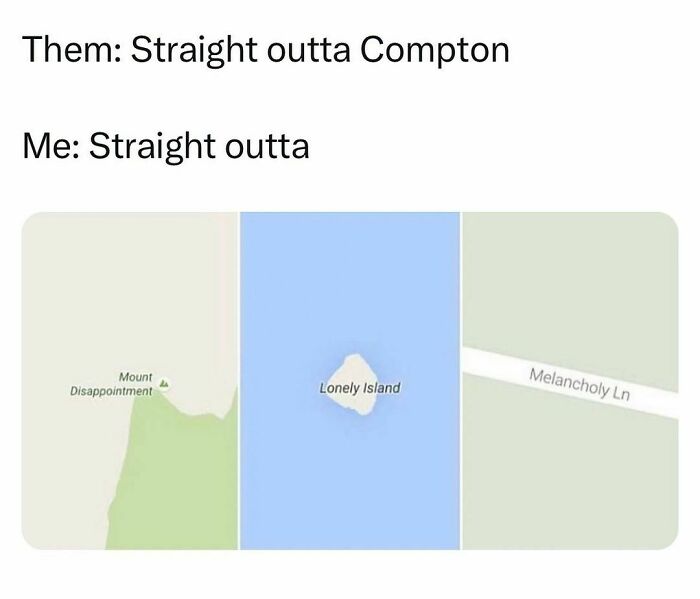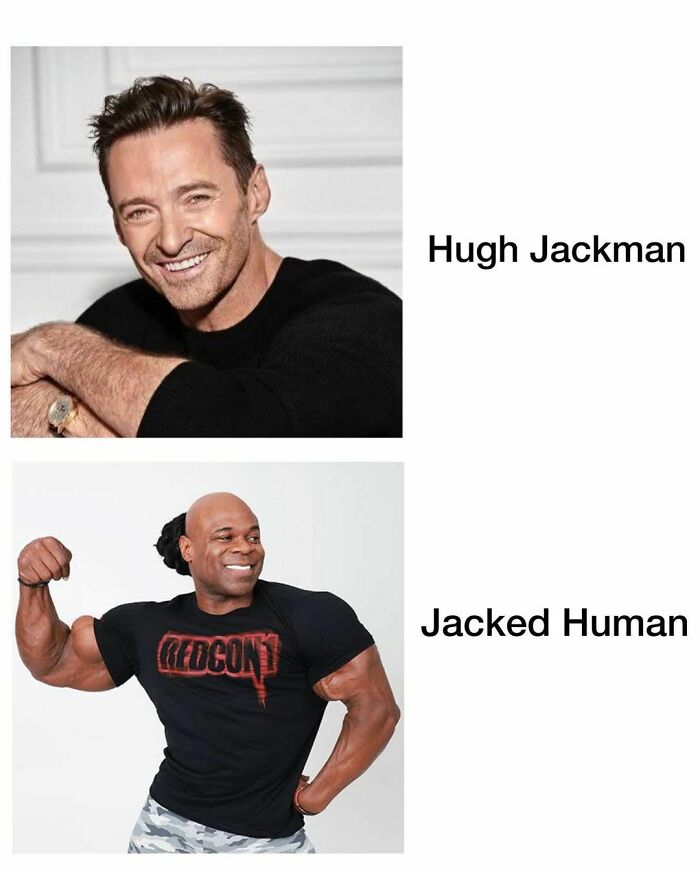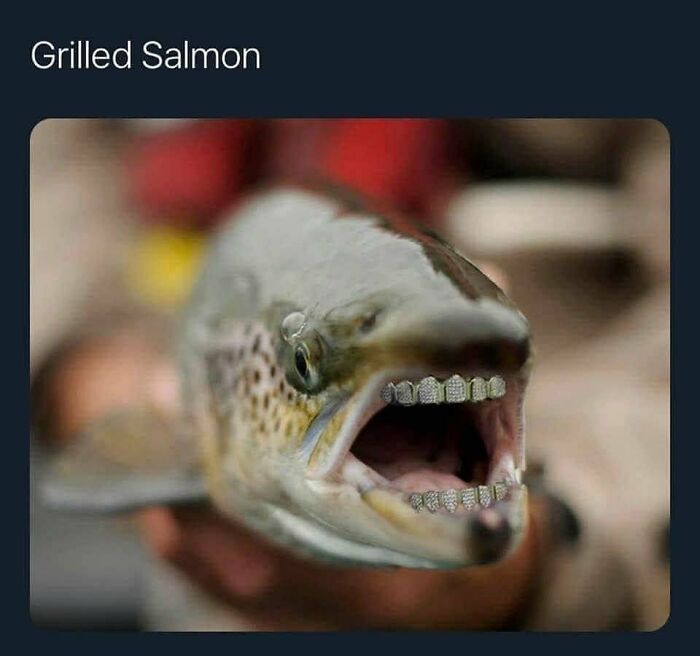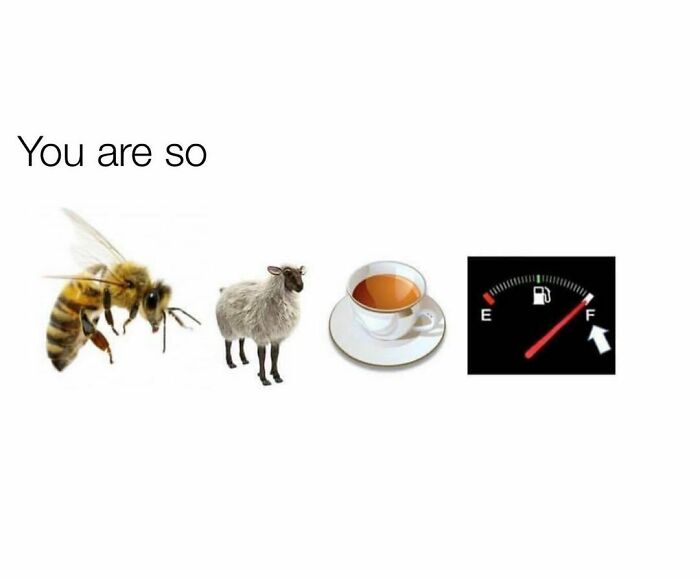Why did the scarecrow win an award? Because he was outstanding in his field! Pun intended? Yes. And all of the puns in the Instagram account pun_bible are intended. Just to brighten your day as you scroll through the internet.
It's named the "bible" for a reason - within the page, you can discover a plethora of pun-filled jests. From a note on a piano begging, "I'm old and I'm tired, please do not play me," to trying to locate Frank Ocean on a map.
So, if you're up for a good chuckle and a bit of wordplay, we invite you to dive into this article. Let's embark on this pun-derful journey together!
This post may include affiliate links.
I've been to the dentist many times, so I know the drill... If you let out a groan at that joke, you're not alone. Puns can sometimes make us cringe, but other times, they hit the sweet spot of humor just perfectly. Plus, it might surprise you to know that puns are actually a subject of serious academic study.
But what is a pun, you might ask. Well, a pun is a witty joke that cleverly uses words with similar spellings, sounds, or meanings to tickle the funny bone of its audience.
"The brain goes through some incredible gymnastics to capture the meaning of puns," John Pollack, the 1995 O. Henry Pun-Off World Champion, tells Weekend Edition Sunday's Liane Hanson. "And if you think about it, it's incredibly complex."
He explains that puns are powerful for two reasons: they can be ambiguous, and they allow you to say more with fewer words. So, if you want to convey complex ideas, puns can be really handy.
Puns have been around for a very long time, even as far back as a text from the 7th century B.C. that mentioned floods. Sanskrit, an ancient language, has lots of puns, and it might be where the word "pun" comes from. In Sanskrit, a "pundit" is someone who explains ambiguity, and "pun" could have a similar origin, although people aren't sure about it.
Even though some may find it annoying when their dad cracks "bun" jokes while grilling burgers, trying to eliminate puns is a tough task. According to Pollack in "The Pun Also Rises," not making puns at all would be harder than we think.
Shakespeare loved to play with words in his plays. He used puns to make people laugh, reveal important themes, and create a connection with the audience.
"Shakespeare's plays are a language playground," David Mcinnis, Associate Professor at The University of Melbourne, notes.
Take, for instance, the title "Much Ado About Nothing." It's not as simple as it seems; it's actually a triple pun.
"It can mean 'nothing' like in the show 'Seinfeld,' where not much happens," explains Dr. McInnis. "But if you say it with an old-fashioned accent, it sounds like 'noting,' which hints at the importance of observation in the play."
He adds, "And there's a cheeky meaning, 'naughting,' suggesting sexual themes. So, the title is a clever blend of a play about sex, observation, and a light-hearted romp about not much in particular."
In essence, it's all in the title – seemingly simple, yet holding a deeper meaning.
Shakespeare also understood that puns weren't always meant to be funny. Wordplay could sometimes "reveal darker truths," according to Dr. McInnis.
He continues, "Deeper messages can be hidden within wordplay, often overlooked because a character is narrowly focused."
Puns, whether they make you laugh, cringe, or marvel, are here to stay, whether you're a fan or not. If you're craving more pun-derful humor, feel free to explore our previous posts dedicated to the world of puns. Get ready for a pun-tastic journey!
Puns, whether they make you laugh, cringe, or marvel, are here to stay, whether you're a fan or not. If you're craving more pun-derful humor, feel free to explore our previous posts dedicated to the world of puns. Get ready for a pun-tastic journey!
while not a ton of puns are here, I found this to be nonetheless a hilarious gold mine. good job on this one bp.
while not a ton of puns are here, I found this to be nonetheless a hilarious gold mine. good job on this one bp.

 Dark Mode
Dark Mode  No fees, cancel anytime
No fees, cancel anytime 

















